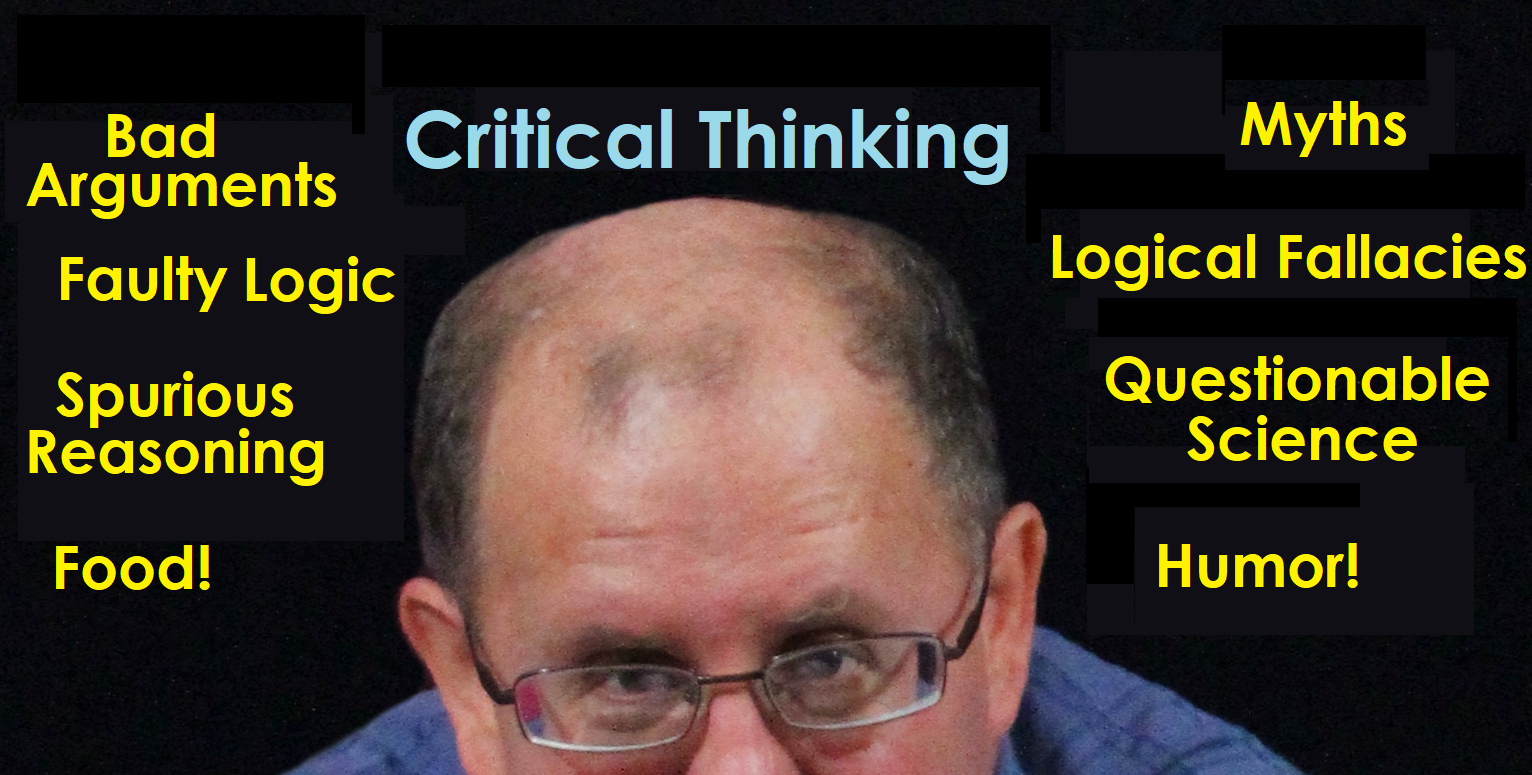Episode 21: A Most Vivid Sorrow
The most wonderful time of the year was almost upon us. No, not Christmas, Halloween, Easter, Thanksgiving or even Arbor Day. It was the EGF, the annual Electronic Gaming Forum or the point in mid-summer when every gaming addict is tuned into the press releases, news, announcements and sweet, sweet previews and trailers.
The trailers started dropping and were they ever hot! “Walloping Wombats 5” looked stunning with the new flixture mupping technology developed for it. Spider Troll was hyped before the event and didn’t disappoint with a long preview showcasing its new 4th person camera. The latest entry in the puzzle genre, “Michelangelo’s Bathroom”, promised ever cleverer toiletry-based mysteries to solve. But what I was really waiting on were my two favorites: “Smashening – The Return of Smashie” and “Box Breaker: Revenge of the Boxes”. Rumors have surrounded their development for years.
And then it happened. A bit of news released that the team developing “Smashening” was let go and development had stopped. Lack of funding and waning player support were cited as the main reasons. I was shocked and heartbroken. But my misery was just beginning. Another day and another news report hit that the company making “Box Breaker” was bought, and to cut costs the game was shelved and the team moved onto other projects. My world went dark. These two announcements crushed my dreams. Even worse, they were likely signals that the entire games industry was in big trouble. It was only a matter of time before it all crumbled.
Was the industry really in that much trouble? No, it wasn’t. I was dealing with a case of misleading vividness. This is when you see, hear or experience a few things (whether positive or negative) in close succession and relation to you and they outweigh any contrary evidence. In my case, there were many new and wonderful games coming out, but the cancellation of the two games I was so eager for outweighed all the rest in my mind.
Misleading vividness is a common fallacy. You might see a few young children using smart phones and conclude that all children are computer experts. But have you seen other children who weren’t using computers or don’t even know how to use them? Ask a few more children and you may find all they want to do is play Vegetable Samurai. Some new college grads are turning down good jobs to find something better and the conclusion is that all grads don’t want to work and feel entitled to only the best. In reality, maybe the job wasn’t right for them or it wouldn’t have paid enough to live. 3 auto accidents in two weeks on the same road may look like evidence of a greater problem but it’s possibly just coincidence. In these cases, things are happening close to us but we’re not seeing the larger picture.
A few extra hot days in the summer may look like evidence of global warming. While the overall scientific evidence supports global climate change, a few hot summer days are not likely evidence of it since it occurs over a longer time scale. The opposite occurs when we see an early winter or snow in the fall and conclude that global warming isn’t happening. Simply because a few examples happened to us does not mean something larger is happening, or in this case is not evidence for or against something larger.
There are times when this isn’t a fallacy. If I had heard that a majority of video games were cancelled including my two favorites then there’s evidence of a trend. Maybe you found out that schools started teaching computer programming at a young age and therefore those smart phone wielding children are actually proficient even though you only saw a few. You need to compare the few cases you noticed to the whole population and see if the hypothesis holds up. When a few more auto accidents happen suddenly, what is the history of accidents on that road? Did something change on the road that might explain the accidents, like a broken warning sign?
At this point, if you’ve read my other articles, you probably already expect me to say be wary of the media and news reports. It is all too common to report isolated events as if they are a dangerous new trend. “Are your shoe laces killing you? Special report at 10”. These types of reporting are great for capturing eyeballs but in reality, you might find their reporting is about a study that fed 100 mice shoe laces and 2 developed cancer. Not exactly an imminent threat. Certainly, there are good news reports and it is important to tell the difference so you can focus on what’s useful.
Keep your critical thinking cap on when you hear only a few vivid examples of anything. Look at the events and determine if they are rare or if they are part of something larger. Make sure you weren't fooled into thinking something trivial was important. If you can recognize when misleading vividness is occurring then you can tune it out. Now, I’m going to replay some Smashening and remember its greatness.


